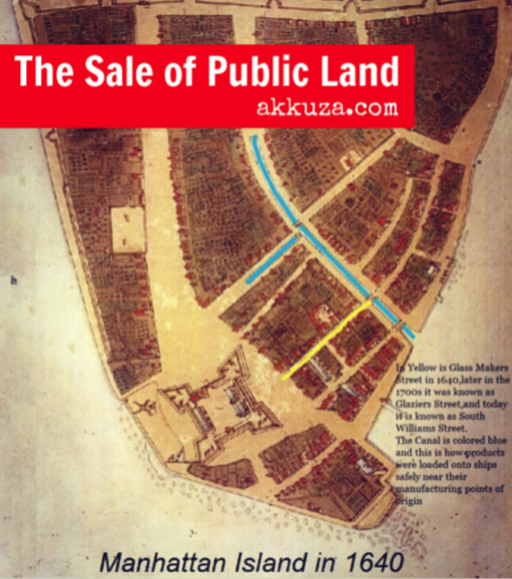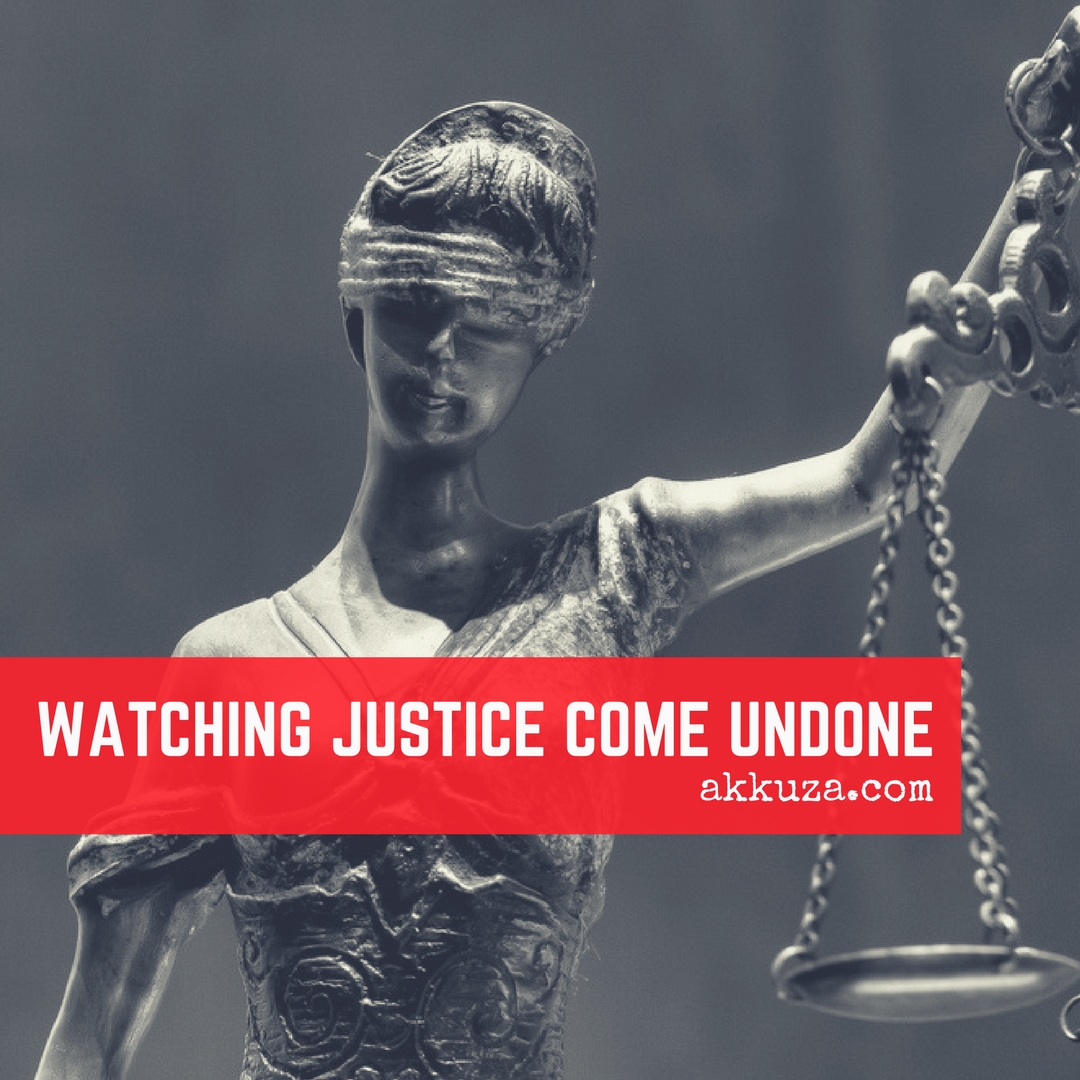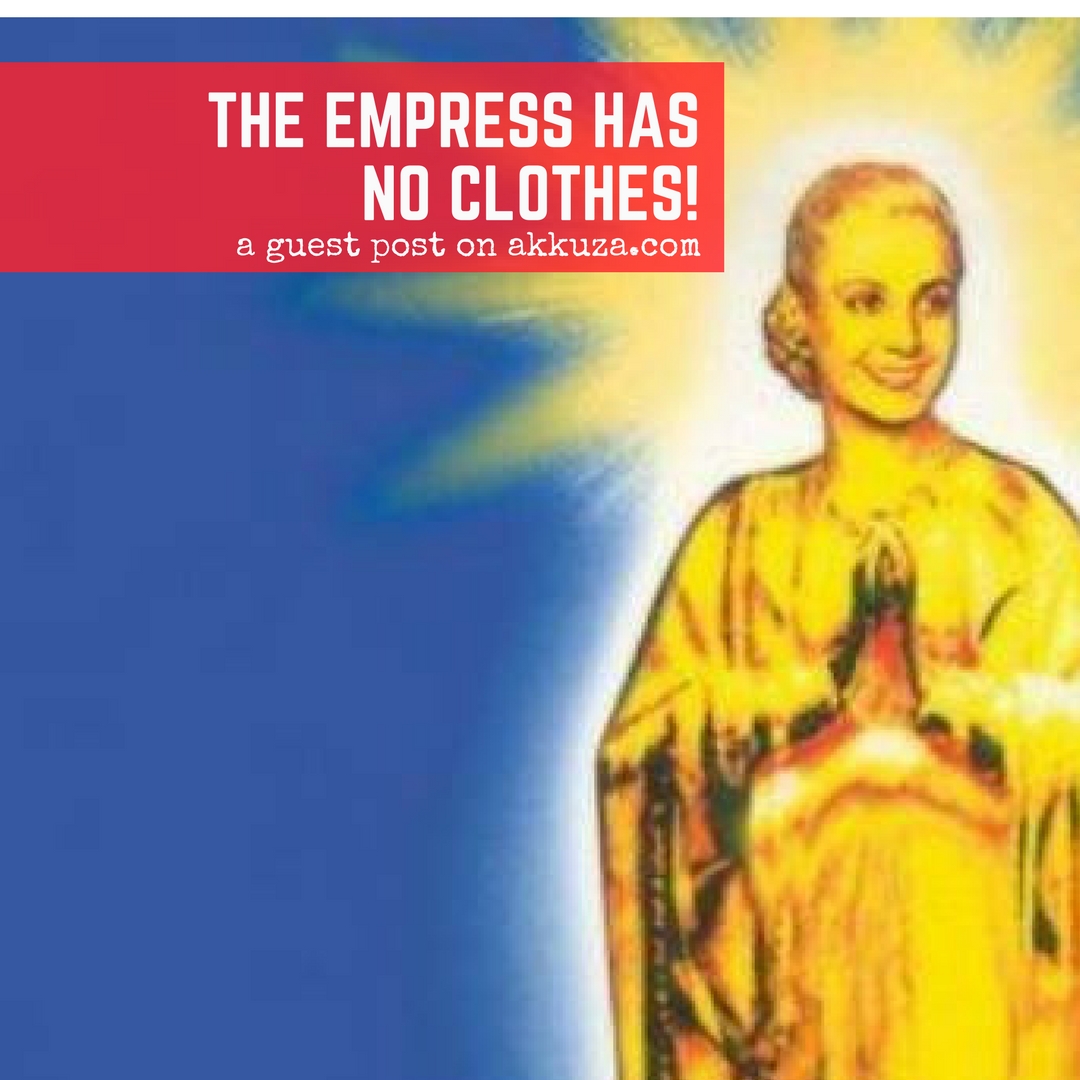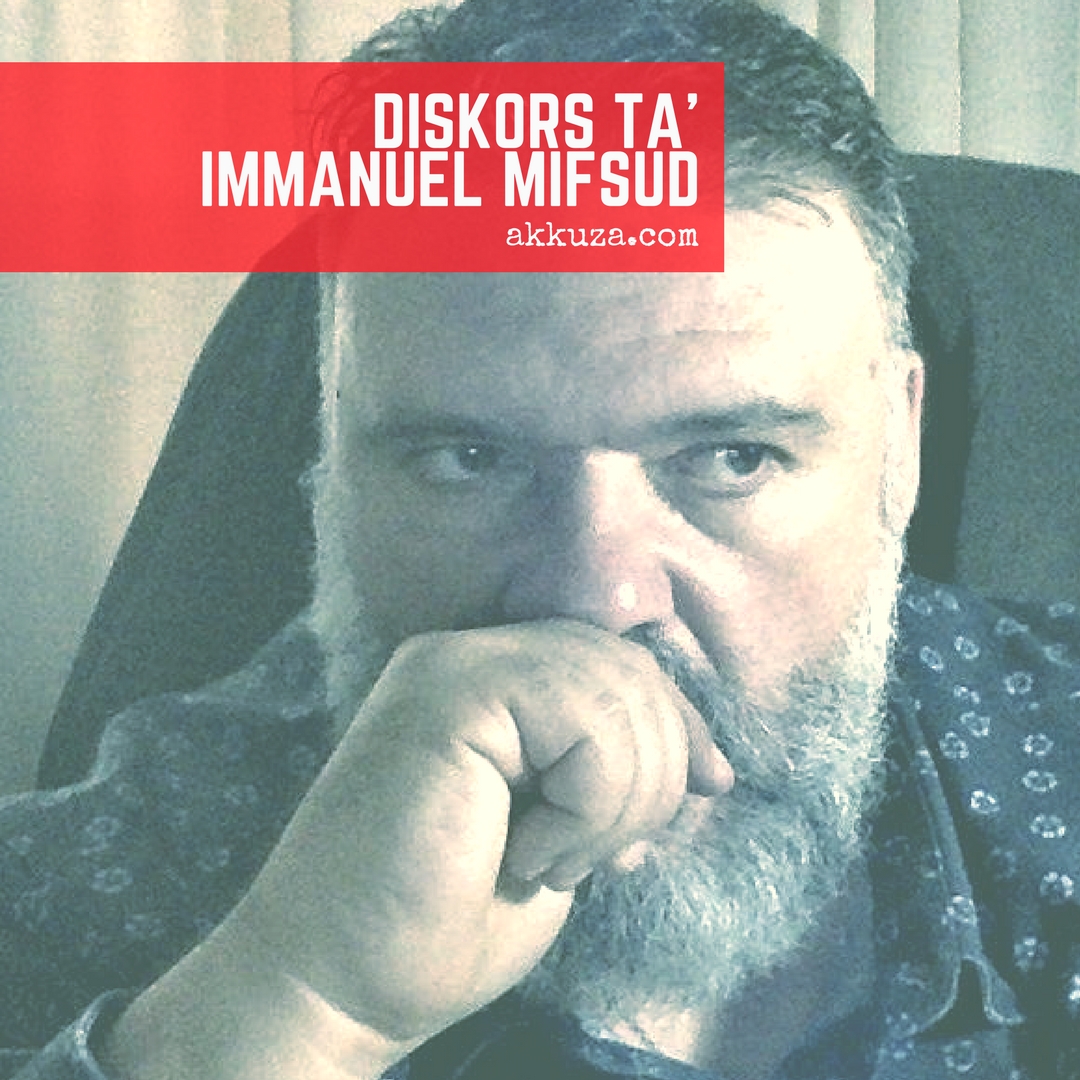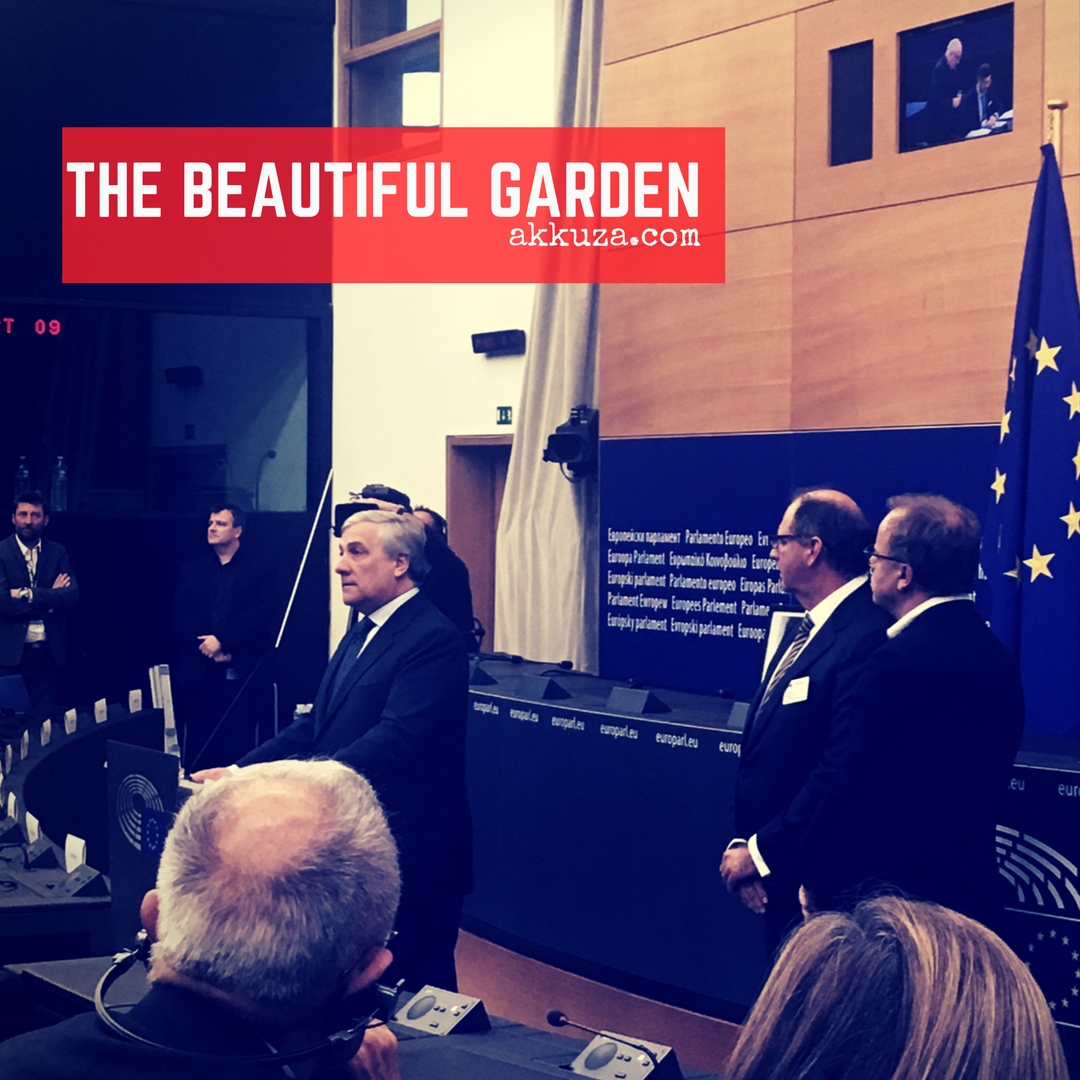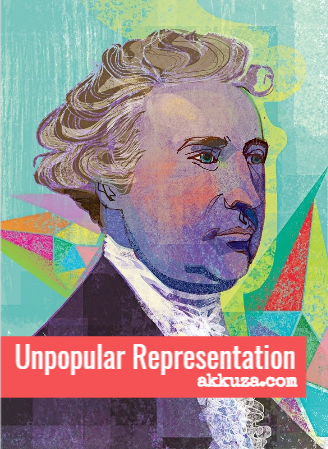
“(An MP) his unbiased opinion, his mature judgment, his enlightened conscience, he ought not to sacrifice to you, to any man, or to any set of men living. … Your representative owes you, not his industry only, but his judgment; and he betrays, instead of serving you, if he sacrifices it to your opinion” – Edmund Burke
It’s a quote that’s brought up time and time again. Edmund Burke explaining his model of “trustee representation” as opposed to the idea of “delegated representation“. The question being the nature of an elected members’ duties towards his constituency.
On the one hand the idea of an MP as a trustee means that the electors choose a person who they deem is best suited to work and represent them in their best interests using his judgment in order to determine what those best interests may be. “These ‘trustees’ have sufficient autonomy to deliberate and act in favour of the greater common good and the national interest, even if it means going against the short-term interests of their own constituencies.”
On the other hand a “delegate” MP would be a mouthpiece of his constituency. “In this model, constituents elect their representatives as delegates for their constituency. These delegates act only as a mouthpiece for the wishes of their constituency/ state, and have no autonomy from the constituency only the autonomy to vote for the actual representatives of the state. This model does not provide representatives the luxury of acting in their own conscience.”
What is the role of our elected MPs today in the age of social media and supposed rapid consultation of the constituent’s needs and opinions? Has the development of technology capable of immediate and real-time consultation driven inroads into the notions of representation particularly in parliamentary democracies? Is there still any room for the ‘mature judgment’ and ‘enlightened conscience’ of the Burkean representative?
Not if you went by Italy’s 5 star Movement there isn’t. With the Italian parliament due to take a vote as to whether or not lift the parliamentary immunity accorded to Lega leader Salvini in order to allow magistrates to prosecute him in relation to alleged crimes in the Diciotti case, the M5S – Salvini’s government coalition partner party – decided to consult its grassroots base. Using an online voting platform called Rousseau, members of the movement were asked (admittedly using a convoluted questioning system) whether they believed the vote should go in favour or against Salvini.
Now if we set aside all the vested interests of the populsit party trying to keep its place in government by not prejudicing the coalition we still have a basic issue of delegation vs trustee. In fact the M5S parliamentary members are reduced to automatons who are simply delegated with the duty of voting in parliament in accordance with the outcome of the online vote. As it is, 59% voted to grace Salvini and that 59% will be ‘translated’ into a binding order to all M5S MPs to vote accordingly. Which is in itself strange because strictly speaking the online constituency actually sent a message that around 60% of MP votes should go for saving Salvini while 40% should not. Be that as it may, the parliamentarians occupying M5S seats will not use any discretion or judgment of their own when exercising their vote. Worse still, they cannot for example exercise their discretion and say that a vote lifting immunity would be more in accordance to the mandate and principles upon which they were elected. A tough one that.
In another corner of the EU (at least for now) we have heard the argument of constituencies that have voted for Brexit over and over again. Opposition to the “second vote” has been propped up by the contorted reasoning that “the constituency would view a second vote as a betrayal” especially where the constituency voted for Brexit first time round. The whole Brexit conundrum has in fact thrown the delegate v. trustee debate back to the forefront of discussions on the exercise of parliamentary powers and sovereignty.
On the one hand the delegate option pays lip service to the “Brexit is Brexit” mentality. It serves as an illogical short-cut that somehow believes that an uninformed decision taken once during a “consultation” process somehow bars any future reconsultation once the facts are clearly on the table. It excludes with absolute certainty any notion of trusteeship on the part of the politicians in parliament who are therefore expected to act solely and exclusively on behalf of the 17 million one-time voters and without throwing in any weight of ‘mature judgment’ or ‘unbiased opinion’.
The magnetic/opportunistic attraction of the delegate option is also a lazy way out for the populist politician who rathaer than boldly lead through weighted judgment and analysis for what he could determine to be the common good prefers to rely on the safety of numbers and polls. This has created a tension within the traditional form of representation in parliaments – parties – with the delegate-minded representatives increasingly finding the trustee-oriented colleagues to be irritatingly frustrating.
The recent split within the Labour party is welcome proof that provided there is enough tension the former ties that bound party loyalists together are finally being broken. Macchiavellian manoeuvering aside, there is hope when it is finally understood that party loyalty need not trump loyalty to principles and ideals.When such principles and ideals mean a shift to trustee-oriented politics then it is all the better for the health of a parliamentary democracy that will no longer veer towards badly considered decisions made for and by the masses that lead to nothing but chaos.


